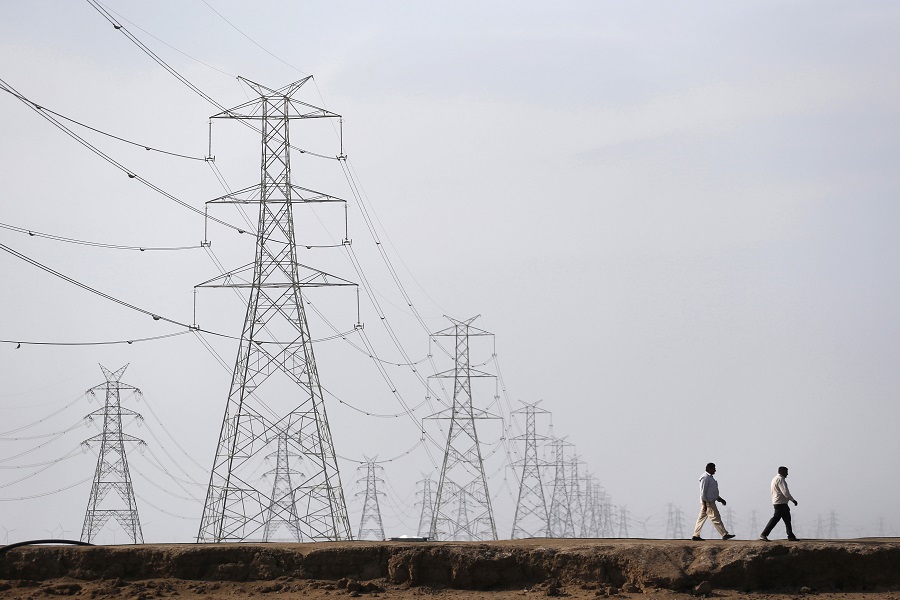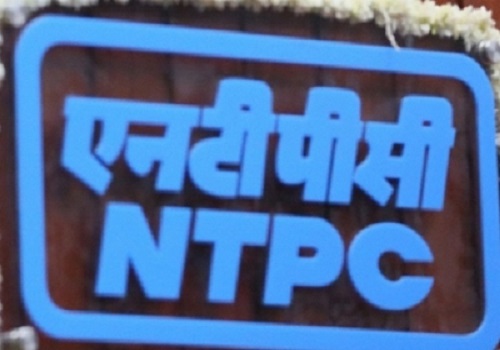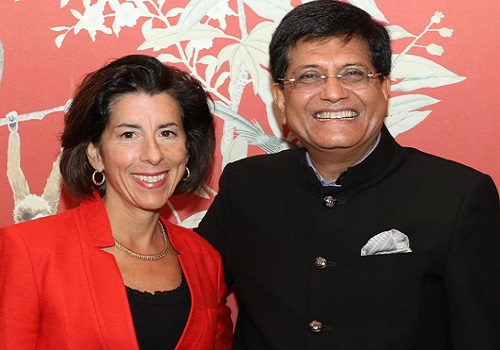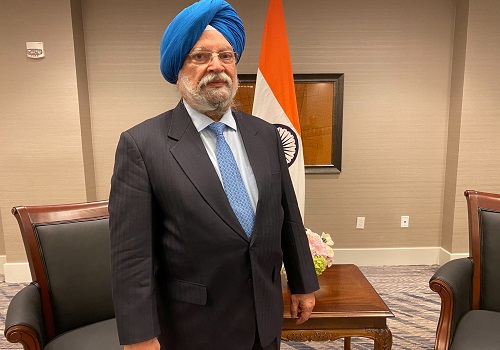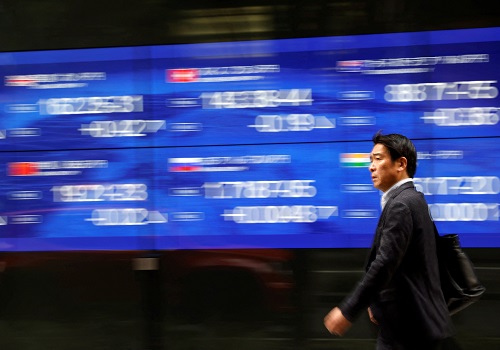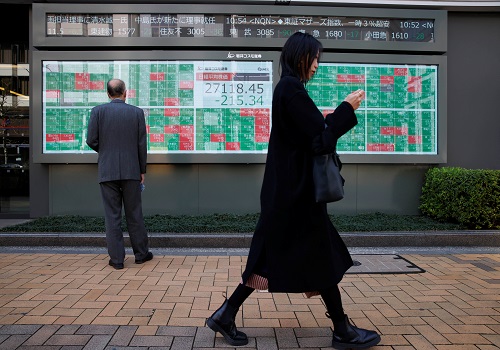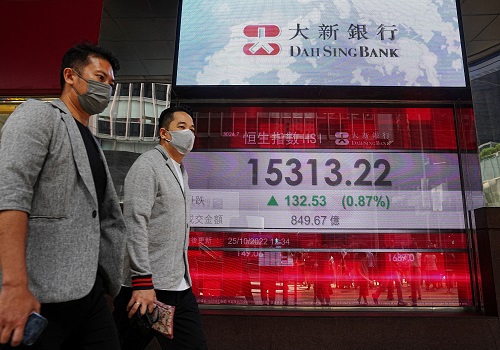Foreign investors seem way more allocated to private equity markets over public markets
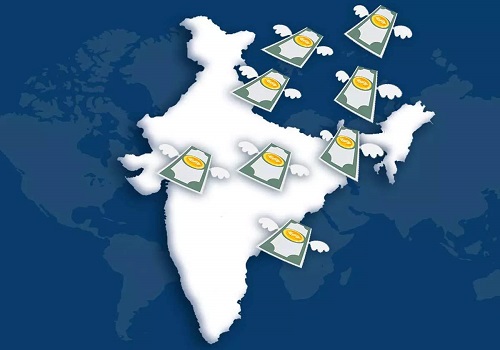
Over the last 20 years, ending December 2022, India received foreign inflows of over $400 billion in private markets (private equity, venture capital, infrastructure, real estate).
The cumulative net investments in public markets (public equity and fixed income) for the same period is about $250 billion, said Arvind Chari, CIO, Quantum Advisors.
Private market is an important investment destination. Foreign investor seem way more allocated to private markets over public markets, Chari said.
The market value of public investments is around $650 billion on mark-to-market valuation, while the market value of the private market investments can only be speculated.
In the period since 2017, the outcome has been stark. Private assets have seen gross flows of 10x over public markets. Even if we account for exits from private assets, the flows on a net basis are 6x higher than public markets, Chari said.
Private markets are of course larger and the opportunity set is wider. It includes private equity (PE), venture capital (VC), infrastructure and real estate. It will always attract and absorb more flows than the public markets of equity and fixed income.
It is also a testament to the improving eco-system: Growing opportunity, improving management teams and products, exit options. More importantly, the growing active investor base across global PE firms to large pension/SWFs and the rise in India dedicated fund raises.
This surge in flows towards VC investments was seen in 2020/2021, as China clamped down on the technology sector. Capital raised for China gushed into India, turning many startups into unicorns. For two years in a row (2021/22), India has surpassed China in the number of new unicorns created. India has seen 72 unicorns (valuation of $1 billion) in last three years. The pace of course slowed down by late 2022 in what many are now calling the ‘funding freeze’.
The funding freeze on private assets has already slowed down the deal flow and the gross inflows in 2023. This will also impact the exits and the valuation of the assets. Many existing private asset owners are dependent on new flows, new deals to either value the investments and to exit their investments in secondary or strategic transactions, Chari said.
This is especially true as the recent experience of exits through IPOs hasn't really been taken well by the markets.
“The frenzy to invest due to the TINA factor almost always condemns the investors to make sub-optimal decisions. They back the wrong project. They back the wrong manager. They do not account for the myriad regulatory and governance risks," Chari said.
“Infrastructure and real estate investments in particular were replete with such examples throughout the last decade. Many projects returned single digit returns. Some lost capital. Some were outright frauds with investors stuck in litigation for years," Chari said.
“We may be seeing a lot of that today again. So many of the unicorns backed by the largest PE/VC investors are proving to be a combination of ‘Wirecard’ and ‘Theranos’," Chari said.

